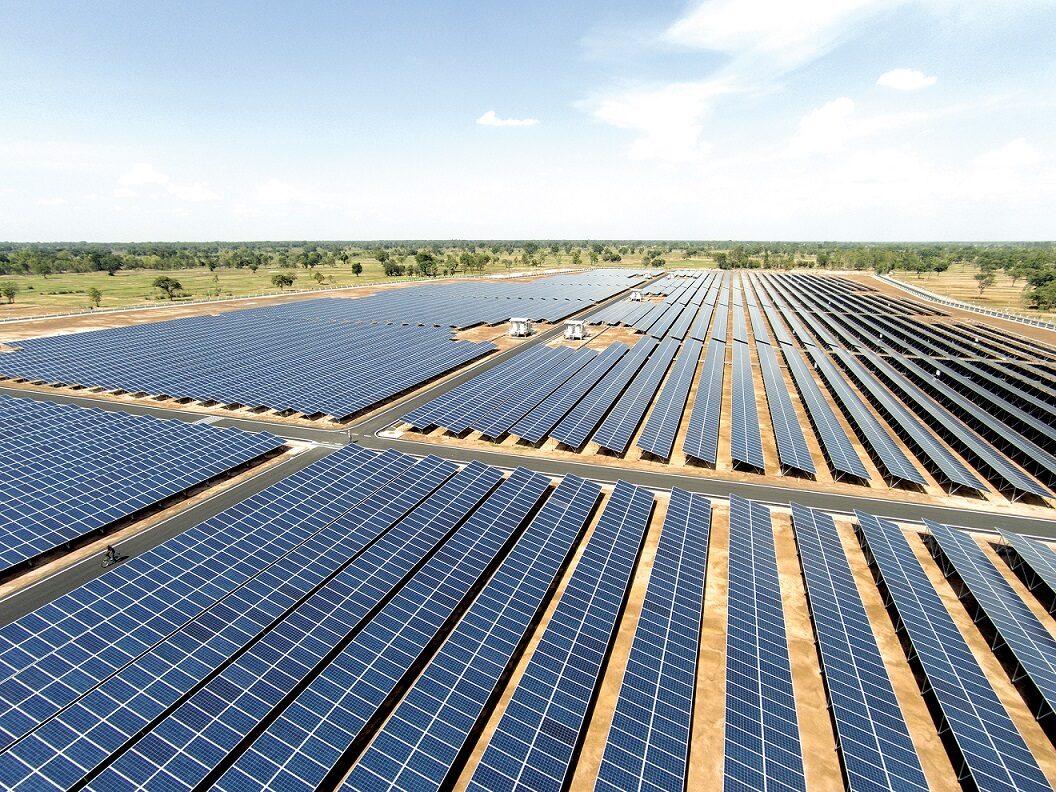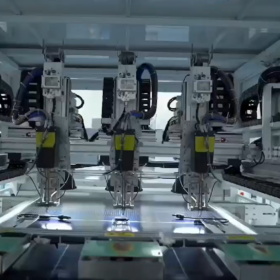TP Renewable Microgrid Ltd (TPRMG), a solar microgrid company and a wholly owned subsidiary of Tata Power, has entered into a Memorandum of Understanding (MoU) with the National Dairy Development Board (NDDB) to advance renewable energy technologies within the dairy value chain.
NDDB is known for its transformative impact on India’s rural economy through its cooperative dairy model.
Under this collaboration, the two partners will launch several key initiatives designed to enhance sustainability and operational efficiency within the milk value chain. This includes the solarization of dairy cooperative societies, bulk milk coolers, and milk chilling centers, facilitated by solar microgrid technology.
Meenesh Shah, chairman & MD, NDDB, said, “By integrating renewable energy solutions, we aim to boost the operational efficiency across dairy value chain and promote the use of green fuels. Our partnership with TPRMG will help us in realizing our goal of creating a greener and more sustainable dairy sector.”
A key highlight of this partnership is the ambitious plan to transform Mujkuva village in Anand district of Gujarat into a carbon neutral village through the collaborative efforts of NDDB and TP Renewable Microgrid. Additionally, the partnership prioritizes the integration of dung-based biogas power generators into these microgrids, advancing sustainable energy practices within the dairy sector.
Energy-efficient chullahs (stoves), solar dryers, and cold storage solutions will also be applied to enhance operational efficiencies in dairy and agricultural sectors. Furthermore, comprehensive energy audits will be conducted on existing electric and thermal systems to identify opportunities for improvement and implement efficient, sustainable solutions.
This strategic partnership between TPRMG and NDDB is poised to establish a benchmark in the dairy industry by integrating green energy solutions and promoting sustainability across the entire milk value chain. The collaboration invigorates the adoption of advanced technologies, driving significant environmental benefits, reducing energy costs, and encouraging sustainable practices, thus ccontributing to India’s renewable energy adoption and rural development.
This content is protected by copyright and may not be reused. If you want to cooperate with us and would like to reuse some of our content, please contact: editors@pv-magazine.com.









By submitting this form you agree to pv magazine using your data for the purposes of publishing your comment.
Your personal data will only be disclosed or otherwise transmitted to third parties for the purposes of spam filtering or if this is necessary for technical maintenance of the website. Any other transfer to third parties will not take place unless this is justified on the basis of applicable data protection regulations or if pv magazine is legally obliged to do so.
You may revoke this consent at any time with effect for the future, in which case your personal data will be deleted immediately. Otherwise, your data will be deleted if pv magazine has processed your request or the purpose of data storage is fulfilled.
Further information on data privacy can be found in our Data Protection Policy.